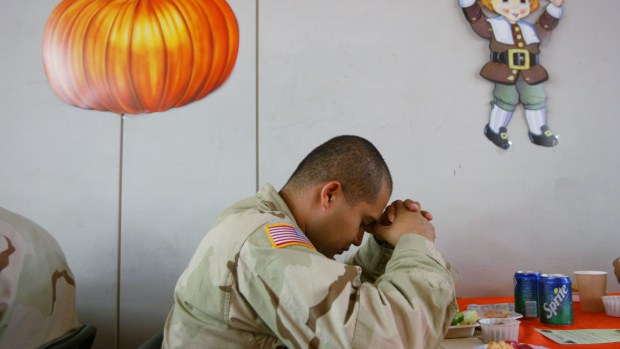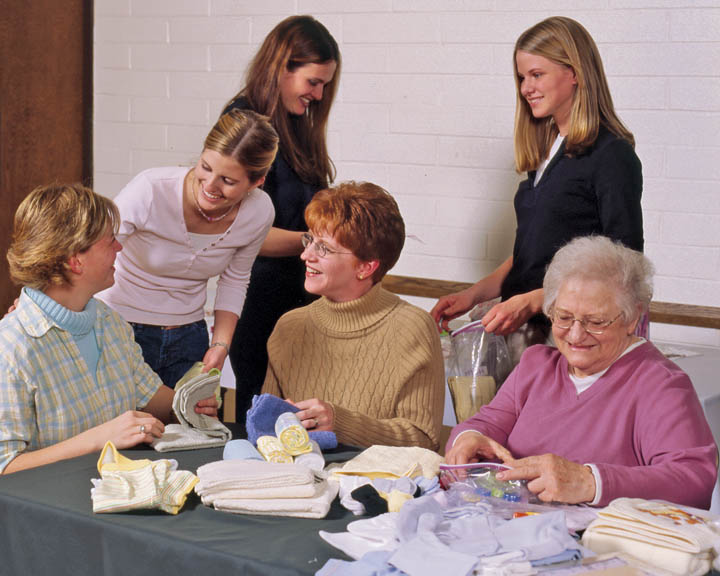Question
Hi Gramps,
I’m confused about what is being implied when in Ecclesiastes 7:16-18. I have a few other questions:
1. What does it mean to not be overly righteous and overly wise?
2. How is that destroying ourselves?
3. Is verse 17 implying that we can be evil but not overly evil?
4. What does being overly wicked mean?
I am sincerely stumped about the meaning of these verses, and I would deeply appreciate your feedback on these questions.
Cara
Answer
Hi, Cara.
Thank you for your question. To answer these questions, I’ll take a break from tradition and use a different translation of the Bible. And I need to include v.15 to add context.
15 I have seen everything in this meaningless life including the death of good young people and the long life of wicked people.
16 So don’t be too good or too wise! Why destroy yourself?
17 On the other hand, don’t be too wicked either. Don’t be a fool! Why die before your time?
18 Pay attention to these instructions, for anyone who fears God will avoid both extremes. (Ecclesiastes 7:15-18 (NIV))
The author (ostensibly Solomon) is counseling us to avoid extremes. Such extreme attitudes end up prolonging the lives of the wicked compared to the shorter lives of the righteous when they go to extremes. The Book of Mormon echos this counsel to avoid extremes:
27 And see that all these things are done in wisdom and order; for it is not requisite that a man should run faster than he has strength. And again, it is expedient that he should be diligent, that thereby he might win the prize; therefore, all things must be done in order. (Mosiah 4:27) (Emphasis mine)
Instead, we obey the Lord by doing what he says to do in moderation. Not too much. Not too little. Helaman spoke of his stripling warriors:
…they did obey and observe to perform every word of command with exactness… (Alma 57:21)
We don’t give 90% tithing. Nor do we give 1% tithing. We give 10%. That is exactness. This is not an encouragement to become a lawyer about it. Do what the Lord wants you to do. Ensure you are obeying the Lord with your mind, body, and soul. Do what the Spirit tells you that He wants you to do.
Today, we’re no longer commanded to continue the United Order. But I know a man who decided he would donate all of his surplus to the Church after his living expenses. If he genuinely believes that is what the Lord is commanding him, then I guess that’s good. But I believe that to be extreme, in light of the prophetic counsel we’ve been given on that topic. It could be financially dangerous to do so when the Lord gives no promise that he will not need savings to get out of future financial hardship, nor will he be protected from the day of famine.
This is actually self-destructive.
We are commanded to read scriptures daily. Does that mean we should study scriptures every waking hour of every single day? That’s absurd. We need to apply what we receive from the scriptures by living each day and being a light to all those we associate with.
There is also an interesting word-play with the Hebrew word that is translated in the KJV as “overly much” and the NIV translates as “too” — as in too much. The Hebrew word here is רָבָה /râbâh/. This can mean “much” or “too much.” But it can also mean “enlarge” or “grow.”
Sometimes in literature, an author uses the same word for different meanings as a means of comparing or contrasting two points. One example from Shakespeare is Hamlet calling his uncle “mother”.
So, if we want to capture the meaning in modern English, I’d say:
Don’t over-exert yourself in good works because you’ll just wear yourself out, it and won’t do anyone any good.
You have enough sins already. Don’t multiply them or make them worse.
That doesn’t sound nearly as pretty or profound, does it? That’s why the Bible translation renders it as it is.
Gramps







